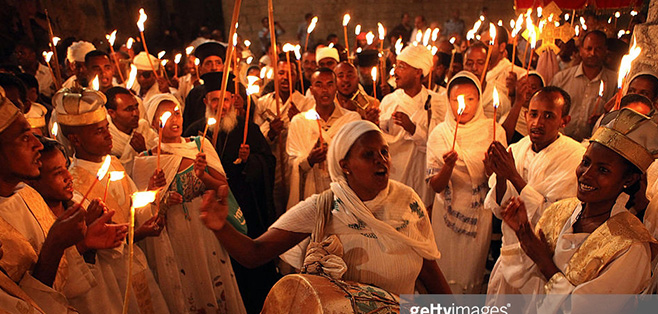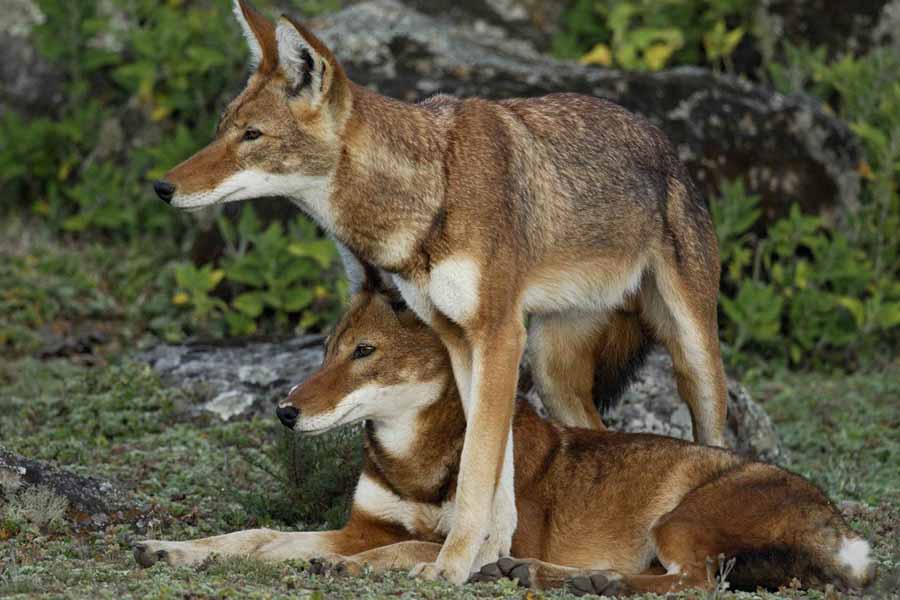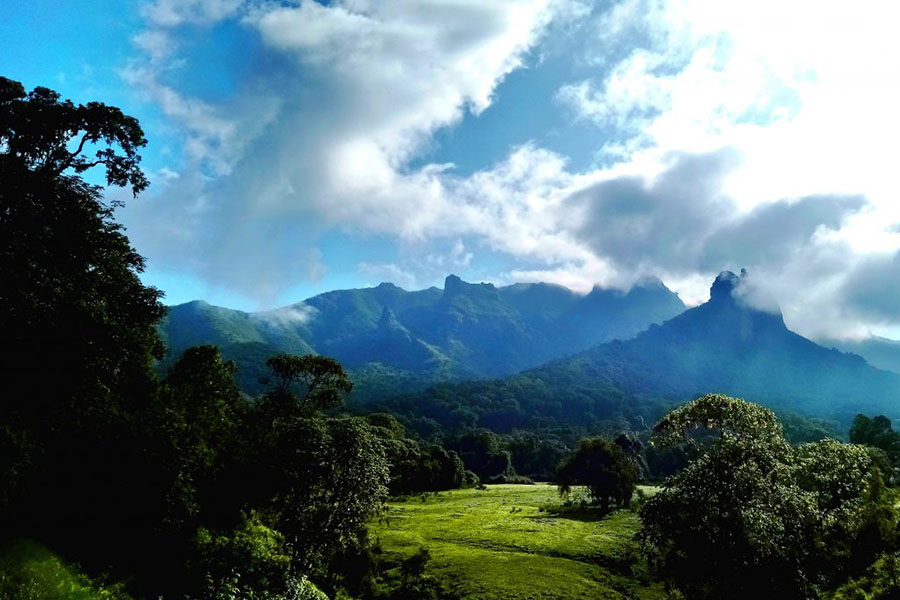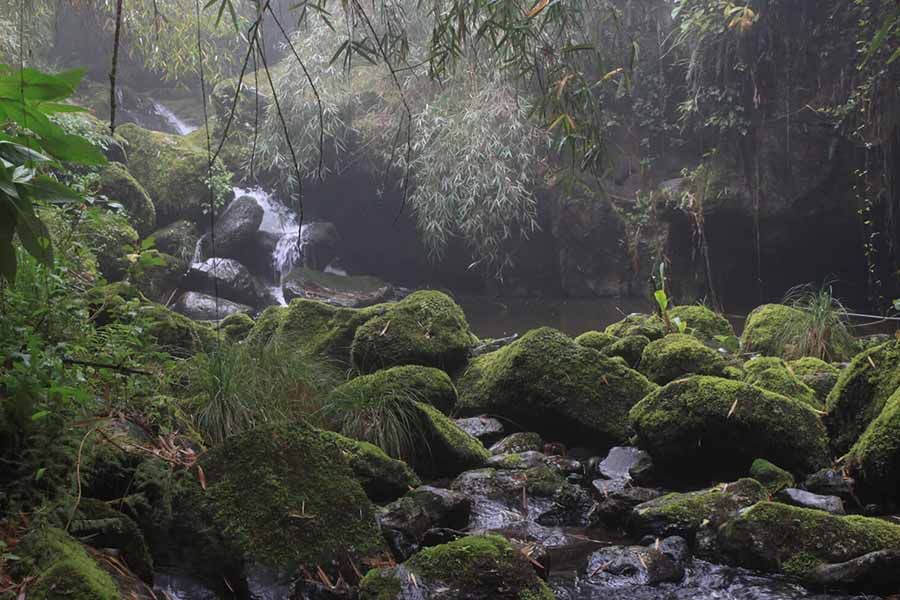Bale Mountains National park
Bale mountains national park is an area of high altitude plateau that is broken by numerous spectacular volcanic plugs & peaks, beautiful alpine lakes and rushing mountain streams that descend into deep rocky gorges on their way to the lowlands below. As you ascend in to the mountains you will experience changes in the vegetation with altitude, from juniper forests to heather moorlands and alpine meadows, which at various times of year exhibit an abundance of colorful wildflowers.
Bale Mountains is the largest area of Afro-alpine habitat in the whole of continent. It gives the visitor opportunities for unsurpassed mountain walking, horse trekking, scenic driving and the chance to view many of Ethiopia’s endemic mammals; in particular the mountain Nyala and Semen Fox; and birds, such as the thick-billed raven, Wattled Ibis, blue-winged goose, Rouget’s rail, etc.
The Bale Mountains rise from the extensive surrounding farmland at 2,500 m above sea level to the west, north and east. The park area is divided into two major parts by the spectacular Harenna escarpment that runs from east to west. North of this escarpment is a high altitude plateau area at 4,000m altitude. The plateau is formed of ancient volcanic rocks dissected by many rivers and streams that have cut deep gorges into the edges over the centuries. In some places this has formed in scenic waterfalls. From the plateau rise several mountain massifs of rounded and craggy peaks including the “Tullu Dimtu”, the second highest mountain in Ethiopia measuring 4,377 m above sea level.
Many shallow depressions on the plateau are filled with water forming small lakes that mirror the surrounding scenery. Larger lakes such as “Garba Guracha” (black water), “Hora Bachay” and “Hala Wenz”, contain water all year round being a habitat for water birds, specially migrating ducks from Europe during the northern winter.South of the Harenna escarpment, the land falls precipitously to a large area of dense podocarpus forest, that slopes gradually down to an altitude of 1,500 m at the southern park boundary. A few kilometers further on the land changes abruptly to open wooded grassland, with higher temperatures and the surprising sight of camels in the area of “Dolo-Mena”.
The climate of Bale Mountains as is to be expected in high altitude mountainous region is characterized by a high rainfall and periods of damp cloudy weather, interspersed with periods of sparkling sunny weather with brilliant blue skies. The climatic year can be roughly divided in to three, the dry, early wet and wet seasons. The dry season is usually from November to February. Very little rain is experienced and temperatures on the clear sunny days may rise to as high as 30 degree Celsius. Nights are star-filled, clear, and cloud, usually with heavy ground frost. Temperature may fall between minus 6 and minus 15 degree Celsius in the main peak area of the park. This is the best period to visit the park, especially for walking and horse trekking in the high mountains.
The vegetation can get dry in the dry season, and fires must then be very carefully tended. The early wet season lasts from March to June, ad about two thirds as much rain falls in this period as in the wet seasons of July-October. Though out these months, days are generally cooler and nights warmer than in the dry seasons. Despite the weather the area can still be enjoyed with adequate warm and weatherproof clothing. Bright sunny period may be experienced any time. Snow has been recorded but doesn’t lie around for very long. In Ethiopia’s south-east lies the Bale Mountain range, which dominates the landscape as it rises from the extensive surrounding farmlands. At its epicenter is the spectacular Bale Mountains National Park, a high altitude plateau broken by numerous dramatic volcanic plugs and peaks, beautiful alpine lakes and mountain streams that rush in too deep.
SELECTED PACKAGE
30 November -0001
5 Days Danakil Depression
30 November -0001
5 Days Trek In Bale Mountains
30 November -0001
8 Days Timkat Fastival
30 November -0001
28 Days Complete Ethiopia
CUSTOMIZED AND TAILOR-MADE TOUR PACKAGES
BACK TO THE ORIGIN








